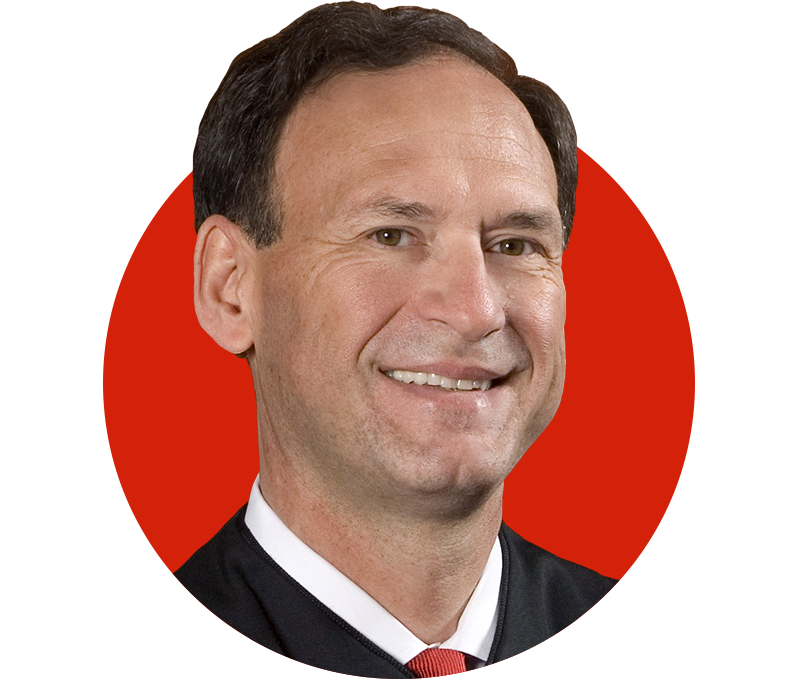Code of Ethics
Supreme Court justices should build on the new Code of Conduct and take additional concrete steps to improve its ethics regimen. The entire judiciary should be subject to stricter anti-harassment, anti-discrimination and whistleblower-protection rules.
Nine years and a day after Fix the Court’s founding, the Supreme Court adopted a Code of Conduct.
Though this a positive first step, the text leaves much to be desired.
For example, under the new Code, there remains today no way for a lawmaker or member of the public to file a complaint against a justice for misconduct. There’s no way for an outside source to advocate for recusal when a justice participates in a case despite an obvious conflict. There’s no internal Supreme Court Ethics Office to offer consistent advice when ethics issues arise. And there’s no investigatory body, whether internal or external (like an inspector general) that can look into allegations of misconduct and help the justices fix their errors and omissions.
These are serious oversights that demand corrections.
Research compiled by Fix the Court demonstrates that while none of the justices has committed a removal offense, all nine are culpable of various ethical oversights, from leaving assets off their annual financial disclosure reports to speaking at partisan fundraisers to ruling on cases despite credible conflicts of interest.
The new ethics code doesn’t appear to fix any of that, so there’s more to be done.
Meantime, the entire judiciary remains exempt from several anti-harassment, anti-discrimination and whistleblower-protection laws. That exemption needs to end.
Related News
-
Press Release
Getting It Done: Five of Our "Fixes" Included in New Senate Bill
We applaud Sen. Warren's proposal, which, if passed, would vastly improve transparency and accountability in the federal judiciary.


